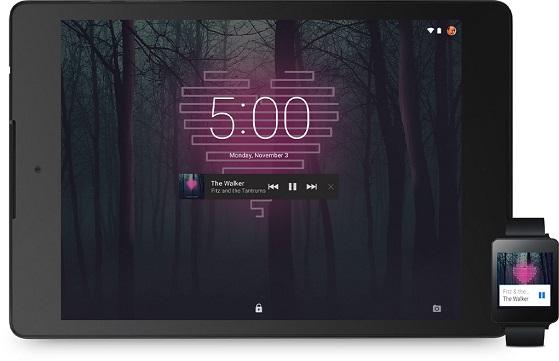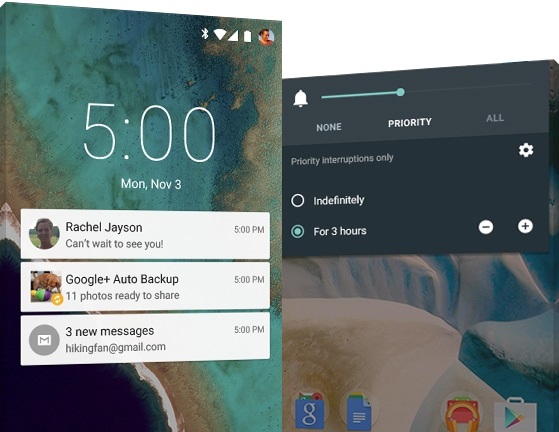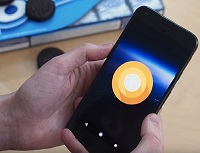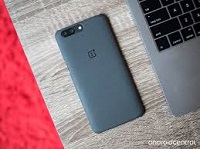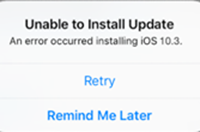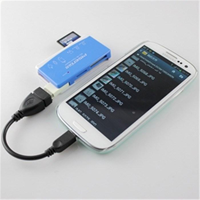Android Data Recovery
You don't have to spend big bucks to get a decent phone. There, we said it. In fact, you can get a perfectly serviceable, robust mobile for less than you might think. When it comes to phones, there are three main choices. Apple's iPhones obviously cost the earth, and while there are a couple of budget Windows models, for the most part, Windows phones are also fairly costly, which leaves us with Android. Fortunately, there are tons of budget friendly Androids on shelves, so there's something for everyone. But not all budget Androids are created equal; some are quite simply better than others. So if you want a decent phone for a decent price what should you be looking for? We're taking you by the hand and leading you through the specs you need so you can make sure that your budget Android will do everything you want.
First Up, Screens...
Let's deal with screens first, since they're an intrinsic part of a modern smartphone. First, there's the question of size, and we recommend a minimum of four inches. Anything smaller than that and you're going to find on screen typing difficult. There are several large screen budget models available, though, so you should get a decent choice even if you're veering towards phablet territory.
When it comes to resolution, you want a nice, clear picture, and for that, you're going to need at least 720p (meaning the screen resolution specs are 1280 x 720). That's pretty much the standard for budget phones these days, and any less, and you'll find your picture looking out of focus or blurred.
Next, Processors...
There are a vast array of different processors on the market, and as a general rule the bigger your processor, the faster your phone is going to be, though it's not always possible to fairly compare processor specs from different companies. We're going to say that if you're looking at numbers alone, you should go for 1 GHz or higher, and a dual core if possible. However, we strongly recommend that you check out benchmark scores rather than just processor numbers. Just Google your phone model and “benchmark scores”, and you'll be able to find out how that model has performed in various speed tests, which will give you a much better idea of real world performance than mere processor specs will.
The Operating System...
Yep, okay, we're talking about Androids here, so you might think that that's all you need to know about OS, but it's not. There are various versions of Android, and some sneaky budget handsets like to ship with low-grade versions of Android 2.0, which is unacceptable. You should look for a minimum of Android 5.0 out of the box (and you can find budget phones running the latest Android 6.0 as well). Technically you should be able to upgrade a low-grade Android to a later version, but going all the way from 2.0 to 5.0 or even 6.0 just isn't going to work. You won't get full functionality, and you'll likely get lots of lagging and crashing. Get the highest numbered Android version that you can.
Then There's Memory...
Alrighty, we've got to look at two kinds of memory spec. The first of these is RAM. This is the operating memory, the space the phone reserves for running day to day tasks, and the more you have, the better your phone will be at multi-tasking. We're going to say that you're looking for a minimum of 1 GB here (higher is always better, though), and don't drop below that minimum or you're going to see some real performance issues.
When it comes to the second option, internal memory, there's less worry than there used to be. We'd like to see a minimum of 16 GB of internal memory, just to be on the safe side. Remember that you don't get access to all that memory anyway (some of it is used up by the operating system), so smaller 8 GB phones fill up fast. We do have a caveat, though. If the 8 GB phone is far cheaper AND it has an SD card slot (so you can add in extra memory) then go for it since SD cards are cheaper than more internal memory.
And Cameras...
Cameras are a toughie when it comes to budget handsets since big spec numbers don't always mean great pictures. For the rear camera, we'd like to see at least 5 MP, for the front around 2 MP (though we'll take a basic VGA front camera if other specs are higher-end). You need a flash, don't go for a camera that doesn't have inbuilt flash. On the whole, though, don't expect too much from a budget camera, and if photography is your thing and you are on a budget, then you're better off going to a shop and testing cameras out until you find one you like, since spec numbers aren't particularly reliable here.
Finally, the Rest...
And what about all those other little things? Well, 4G is always nice and is pretty common in budget phones these days, so keep an eye out for that if you have a 4G capable operator contract and want faster internet. Also, watch out for Bluetooth versions, you'll want at least version 3.0 to be compatible with most of your gadgets.
You'll also want to avoid taking out a pay monthly contract on a budget device. It will always be better value for money to buy the device outright then purchase a minutes, texts and data bundle separately that doesn't tie you in. Use one of the comparison sites to survey the market like Whistleout unlimited data plan comparison if you are in the US or the Tiger Mobiles sim only comparison service for UK customers.
There is one more thing, and this is a bit of a grey area: batteries. Budget phones tend to come with smaller batteries, and those batteries aren't always great quality. For this reason, we recommend that you look for removable batteries since these can easily be replaced, rather than built in ones that might create problems later. Plus, you can always carry an extra battery around if you need extra juice to get through the day...
If you keep all these things in mind, you should be able to get your hands on a great phone that isn't going to break your bank, but that is going to perform well and do all you need. Flagship phones are awesome, but many of us simply can't afford those price tags, and why should you go broke buying a mobile when you can get a great budget Android that does just as good a job?












